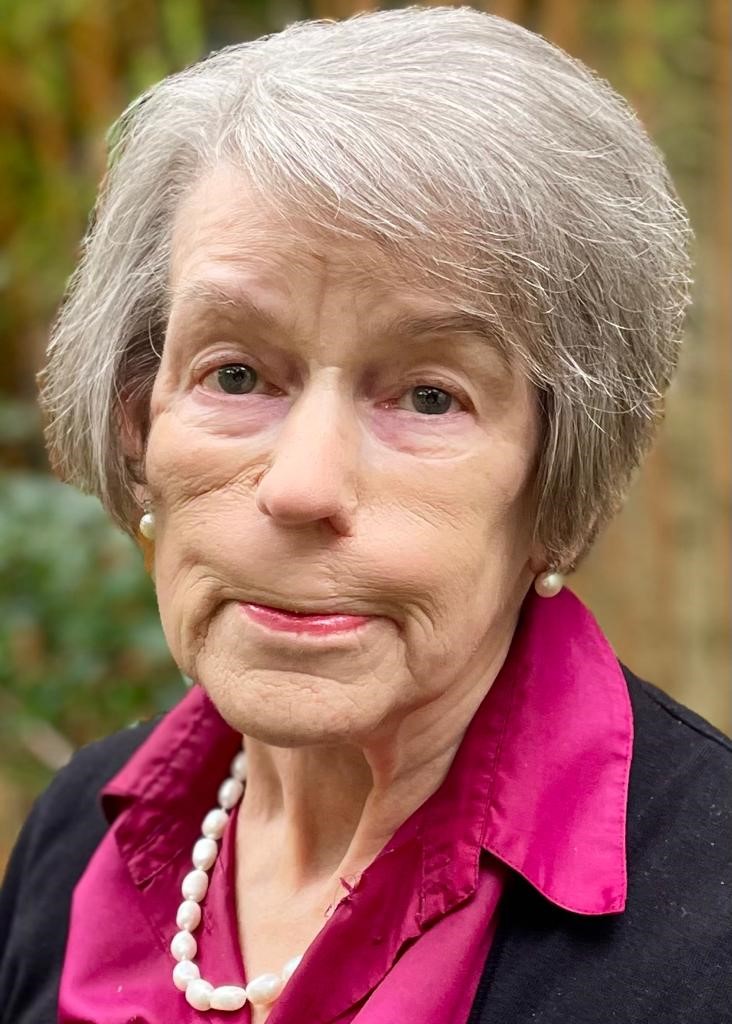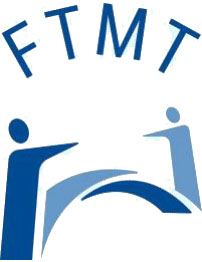- Prof. Maria Rhode's lecture took place on October 15th, 2023. If you have any queries about this event please write to: shalin@zahav.net.il
Abstract
Frances Tustin described vividly the existential bodily terrors of children with autism, including falling, spilling out, and bodily mutilation. She also emphasized the fundamental importance for development of integrating masculine and feminine, and their precursors, hard and soft.
In this paper, I suggest that children on the autism spectrum, like other people, interpret their experience in terms of family models. This has nothing to do with the etiology of autism, but concerns the meaning that may be attributed to experiences with a variety of causes. I also suggest that there exists an “autistic” level of the Oedipus complex, concerned with bodily existential anxieties (in contrast to Freud’s whole object Oedipus complex that concerns sexual identity, or Klein’s part object level that concerns psychotic anxieties). This “autistic” Oedipus complex links with Britton’s conceptualization of existential anxieties in borderline adults, with the additional feature of occurring on a bodily level. It can have important implications for the meaning attributed to the sensory hypersensitivity that is so often found in children with autism, and can contribute to understanding the confusion between the senses that can sometimes be observed clinically. Clinical vignettes illustrate the importance of primitive Oedipal constellations for the integration of the senses and for the capacity for self-reflection.
Prof. Maria Rhode
is Emeritus Professor of Child Psychotherapy at the Tavistock Clinic in London, where she formerly co-convened the Autism Clinical Workshop ; member of the Association of Child Psychotherapists ; and Child Analyst of the British Psychoanalytical Society. She trained at the Tavistock Clinic, where she was supervised by Martha Harris, Donald Meltzer and Frances Tustin ; she has a particular interest in childhood autism and psychosis, language development and infant observation, and has written and lectured widely on these subjects. Most recently, she has published an audited case series of an early intervention for toddlers at high risk of autism and their families. She received the Frances Tustin Memorial Prize in 1999.

- Prof. Maria Rhode's lecture took place on October 15th, 2023. If you have any queries about this event please write to: shalin@zahav.net.il



